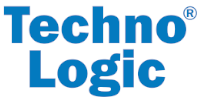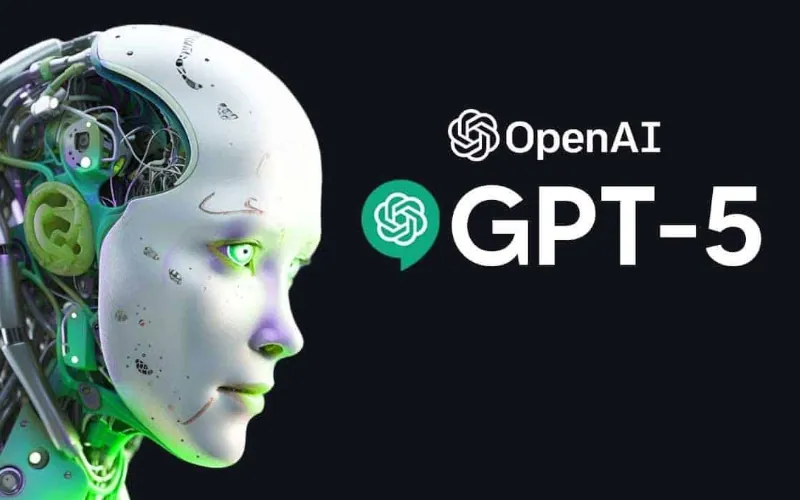Artificial Intelligence (AI) is no longer a futuristic concept—it’s already transforming various industries, and education is no exception. From personalized learning paths to intelligent tutoring systems, AI is changing the way students learn, teachers teach, and educational institutions operate. As we move deeper into the digital age, AI-powered education tools are poised to redefine learning experiences across the globe.
Personalized learning with AI
One of the most significant impacts of AI in education is the ability to offer personalized learning experiences. Traditional classrooms often struggle to meet the diverse needs of students. AI tools, however, can analyze a learner’s strengths, weaknesses, and pace to deliver customized content and recommendations.
Platforms like Khan Academy’s Khanmigo, Duolingo Max, and Socratic by Google use AI to create individualized learning journeys. These systems adapt in real-time, ensuring students stay engaged and challenged at just the right level.
Smart tutoring and virtual teaching assistants
AI has introduced intelligent tutoring systems that simulate one-on-one instruction. Tools like ChatGPT, Quizlet AI, and Content Technologies Inc. enable students to get instant feedback, explanations, and support without needing a human tutor.
Moreover, virtual teaching assistants powered by natural language processing (NLP) can answer students’ questions, grade assignments, and even help manage classroom activities—freeing up teachers to focus on more complex tasks.
Enhancing accessibility and inclusivity
AI technologies are also bridging the gap for students with disabilities or those in underserved regions. Speech recognition, real-time translation, and AI-generated captions make learning materials more accessible than ever.
Tools like Microsoft’s Immersive Reader or Google’s Look to Speak ensure that language barriers or physical limitations do not prevent access to quality education.
Streamlining administrative tasks
Beyond the classroom, AI is streamlining the administrative side of education. From automating admissions processes to tracking student performance and predicting dropout risks, AI is helping schools and universities operate more efficiently.
Predictive analytics, for instance, can help identify at-risk students early, allowing institutions to intervene before academic issues become critical.
Ethical concerns and challenges
Despite its promise, AI in education also raises important ethical questions. Concerns include data privacy, algorithmic bias, and the risk of overreliance on automated systems. There is also the fear that AI might reduce the role of human teachers.
Addressing these issues requires transparent policies, human oversight, and careful consideration of how AI is implemented in learning environments.
The future of AI-powered learning
As AI continues to evolve, its role in education will likely expand. In the near future, we may see lifelong learning ecosystems, where AI helps individuals reskill and upskill throughout their careers. We can also expect greater integration of augmented reality (AR), virtual reality (VR), and AI-driven simulations in classrooms, providing immersive learning experiences.
Ultimately, the goal should be to use AI as a tool to empower educators and students, not to replace them. When used ethically and responsibly, AI can make education more effective, inclusive, and future-ready.







